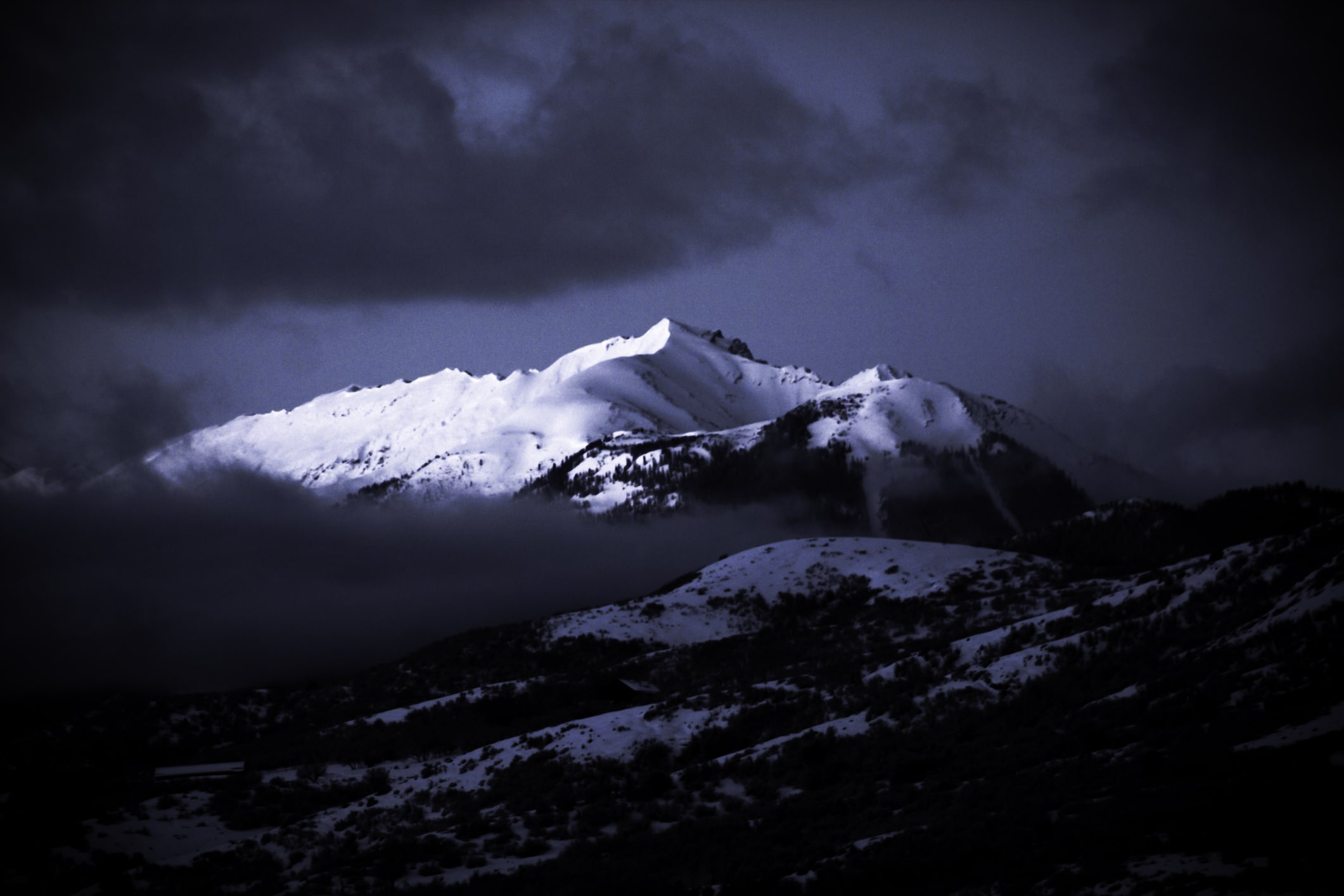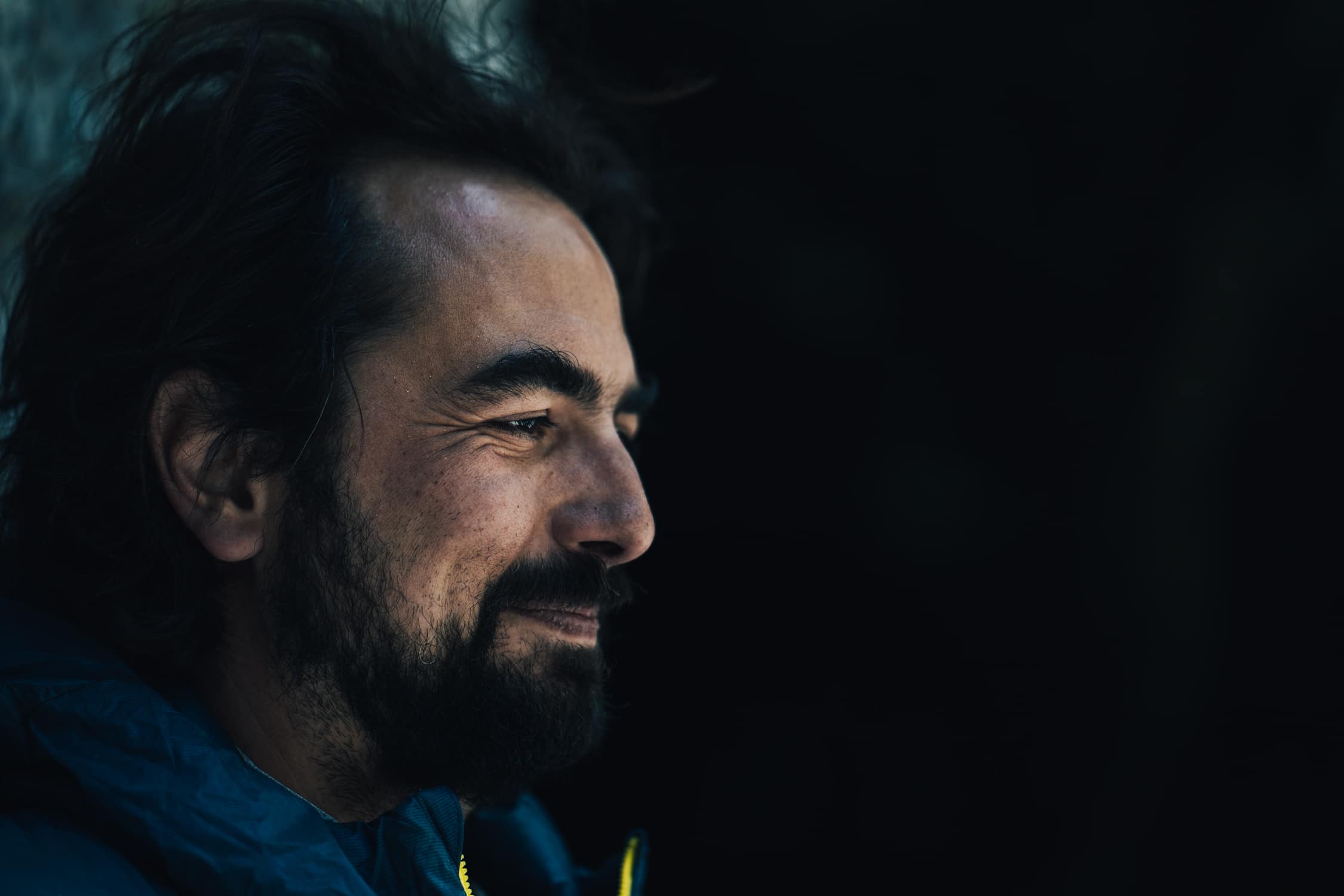Audio: Listen to this article
It’s hard to believe it but we’ve entered our third year of living in a pandemic. I recall the first time I really heard about this thing called COVID. It was on February 12, 2020—at my dead friend Hayden Kennedy’s 30th birthday party.
Even though Hayden is gone, his parents, Michael and Julie, have been good at getting around 50 or so of us friends and family together on HK’s b-day. We start by hiking up a popular trail over Carbondale, Colorado, with dramatic vistas of snow-covered Mt. Sopris. We teeter out on an airy fin of rock that hangs over the Roaring Fork river a thousand feet below, as well as the house where Hayden grew up. We crack a beer and shiver in the cold, laughing and crying before this magnificent winter panorama. We tell our Hayden stories, and part of me always hopes we don’t wear them too thin since they’re all that’s left. After the hike, we go out to dinner at Pollo Rico, a Mexican restaurant where Michael and Julie once held Hayden’s high-school graduation party in what now feels like three lifetimes ago.
At the restaurant that year, I sat next to the mysterious Steven Dilk, of Enormocast TAPS episode fame. Steve had been traveling in Vietnam when news of a viral outbreak in Wuhan was first reported in the media. He wisely got on the next flight home and managed to slip into the States before all travel from Asia was shut down.
“Do you think this virus is going to be a big deal here?” I asked.
“No way, definitely not!” Dilk scoffed. “It’s totally being overblown. I mean, I saw people in China wearing masks with holes cut into them so they could keep smoking!”
Steve Dilk is an outstanding human and one of the most interesting guys I know, but he ended up being monumentally wrong about COVID. By March, however, like most of us, he had changed his tune and was now taking the whole thing quite seriously.
Over the past couple of years, we’ve struggled together as a society to wrestle with questions of risk and consequence, balanced against our commitments and responsibilities to each other. These calculations have been especially difficult to make as the science has moved fast, and as the data has changed, and also as so many experts and authorities have stumbled with truly terrible messaging dripping with paternalism and dishonesty in service of what they believe is for our own good.
Yet amid all these miserable failures by the so-called experts and authorities, we also find ourselves in the contradictory position of being utterly indebted to the scientists who sequenced the virus’ genome within a weekend on January 10th. Then they developed a vaccine by January 15th of 2020—which, and this is crazy to realize, was a whole month before I even had COVID on my radar through my conversation with Steve Dilk at HK’s birthday party. That’s just amazing, especially considering the last major vaccine took 10 years to produce. As Dr. Eric Topol put it, “This timeline will go down in history as one of science and medical research’s greatest achievements. Perhaps the most impressive.”
It’s so strange to view the pandemic as both the pinnacle of scientific genius as well as an epistemic nightmare for so many, in which merely finding basic information has proven so difficult. It’s harder to actually follow the science, than it is to say you believe in it with your yard sign. One motif of our times may be the sense that existential threat feels always imminent, while truth seems distant.
As a response, some seem to accept the inherent discomfort in not knowing anything, but most try to latch onto a narrative that gives them reprieve from this low-key omniscient dread and uncertainty.
As climbers, I wonder if we have been uniquely suited to deal with such circumstances. Isn’t this kind of predicament precisely what climbing and adventure has been preparing us for?
This is an admittedly inchoate observation, and I don’t mean to make too much of a parallel between how we manage risk during a pandemic and how we take risks while climbing routes or mountains … but there is something there. There is some similarity—at least in our mindset or our mental approach—when responding to scary and anxiety-inducing situations by settling into that uneasy ease. It’s the way you can feel tense and horrified at a hanging belay with a thousand feet of air under your ass, but simultaneously be serene—and even confident. There is, or at least ought to be, something about climbing that has prepared us to continue forward in the face of so much unpredictability. Do you feel it too, or is it just me?
Climbers don’t charge blindly and hubristically into their adventures without doing everything possible to weigh the risks, to understand the consequences, and to do as much as reasonably possible to protect ourselves against the dangers that lie ahead. Again, not to belabor the metaphor, but with the vaccine, everything changes. The vaccine offers us the difference between using ropes or free-soloing. It’s now rational to tie-in and continue with the ascent, regardless of the uncertainty that lies ahead. After two years of this, I’m vaxxed and not very vexed about where the risks lie. And I’m ready to start climbing again.
We didn’t meet for HK’s bday last year. Pollo Rico, the Mexican restaurant, is no longer there, either—the entire strip of commercial space where it was located has since been razed to make way for more ludicrously priced condos. Sometimes I feel like I have blinked and a whole year went by. Sometimes I remember that there are friends I haven’t seen in three years. Some have kids I haven’t met. My kids are growing, too. My daughter Bree Hayden was less than a year old at HK’s last birthday gathering; yesterday, she climbed to the top of the bouldering wall, then literally jumped off at 15 feet and I had to catch her mid-air.
Life is moving fast. I don’t know about you, but it feels too precious to risk wasting any more of it.




0 Comments